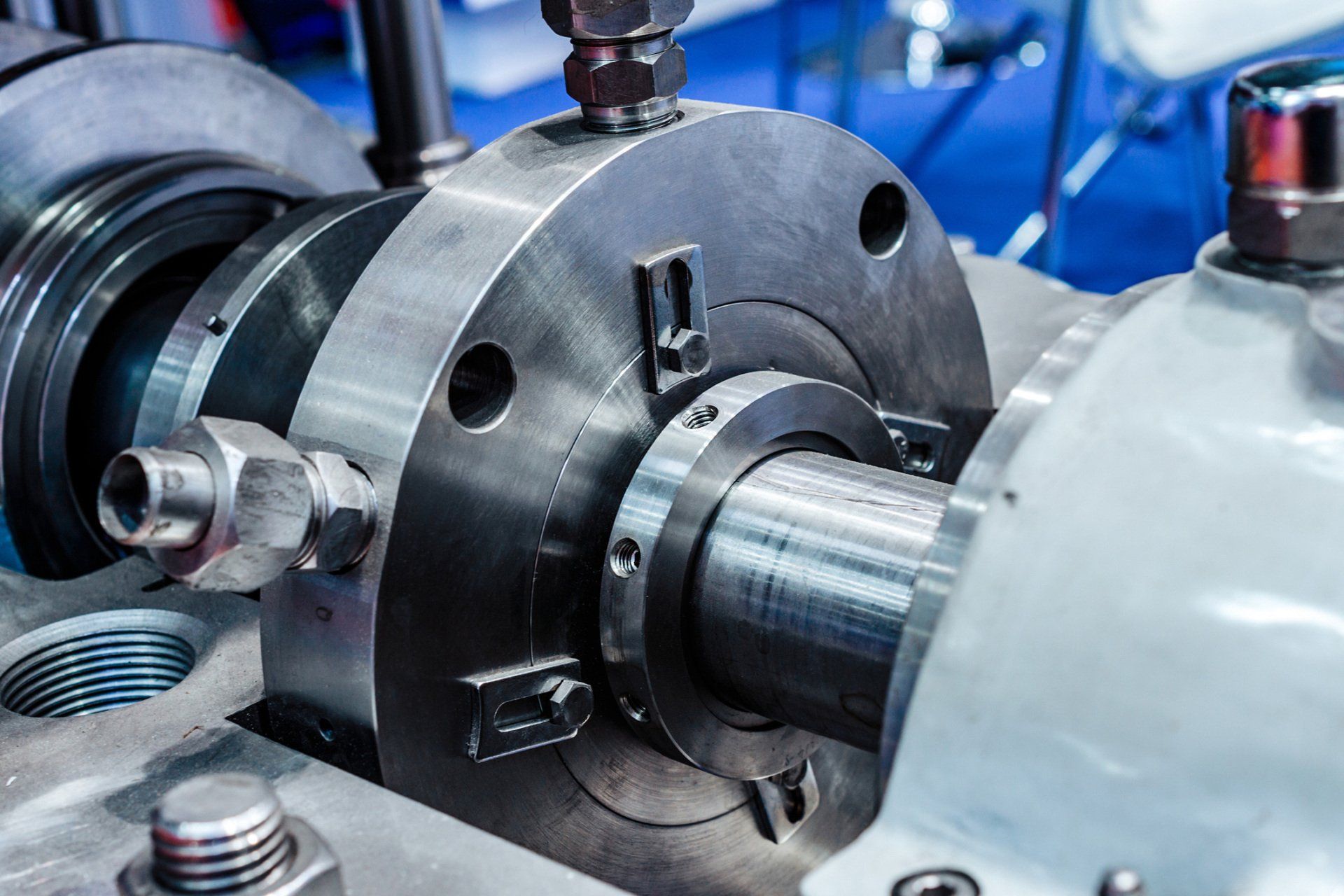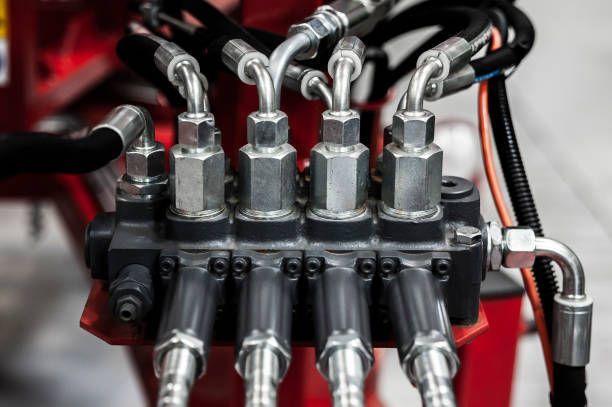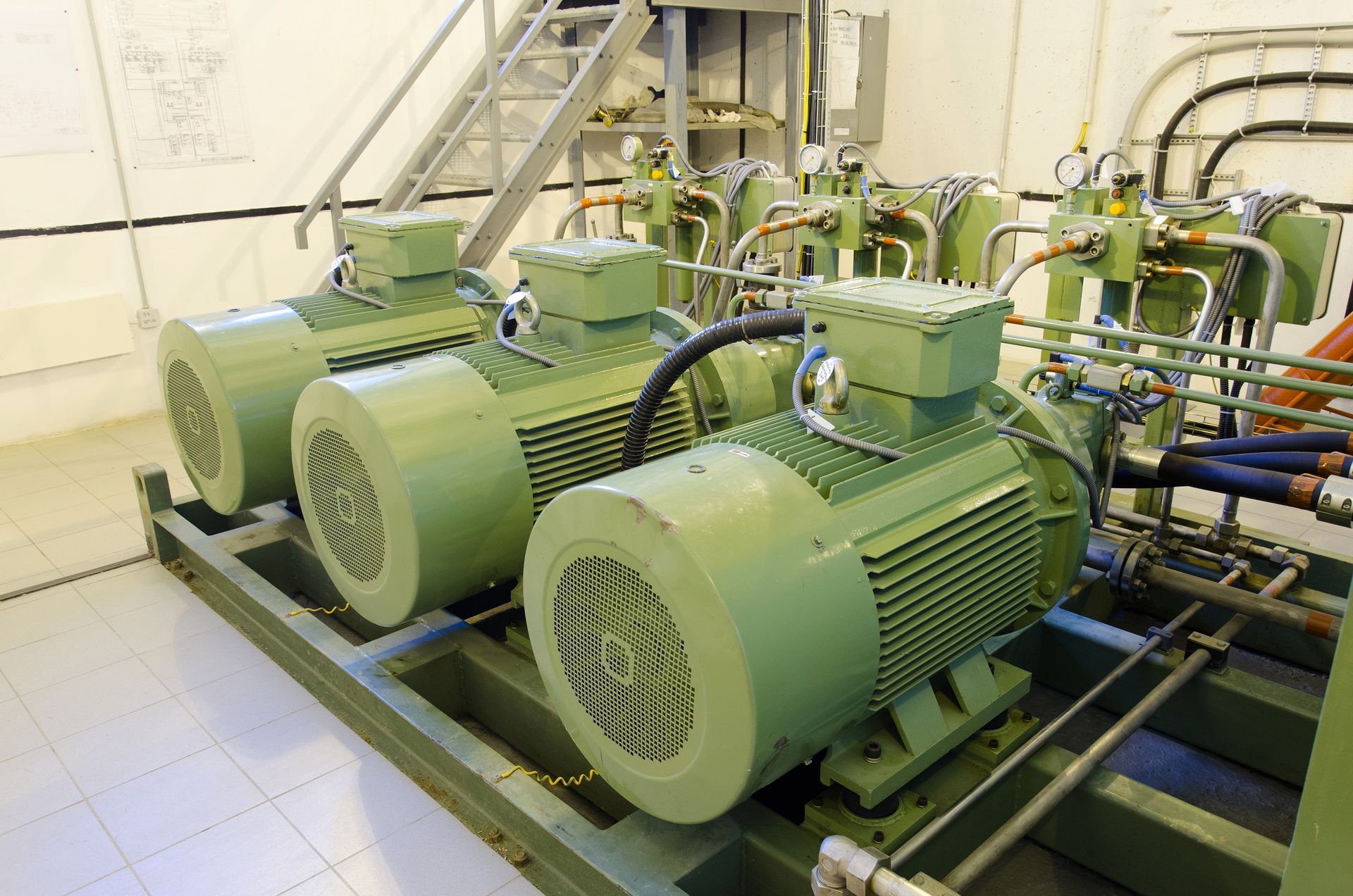4 Signs of Hydraulic Pump Failure
Hydraulic pumps support a magnitude of production systems, and no matter how much preventative maintenance you do, the pump may still wear out and age. In addition, after withstanding the intense internal pressure within the hydraulic system, the pump will show signs of failure.
Learn about four characteristics of hydraulic pump failure.
1. Slow Operations
When the performance of your pump degrades, that is often a telltale sign of failure. To check for slow operations, confirm the speed or flow of the pump. If the cycle lengths of the hydraulic pump are slower than usual, then an issue within the pump needs repair; otherwise, your system may soon fail.
Your hydraulic pump can be slow because of multiple reasons, including internal or external leaks, low pressure, or high temperatures, which are also signs of pump failure.
2. Unusual Sounds
Hydraulic pumps are often silent unless their components are subject to wear and tear. These unusual sounds can result from hydraulic aeration or cavitation.
With aeration, air contaminates the hydraulic fluid, and as the fluid circulates within the hydraulic system, the constant compression and decompression cause knocking and banging sounds from within the system. In addition, because of aeration, the hydraulic fluid can begin to foam and cause erratic actuator movements, which degrade the fluid and cause components damage from overheating and loss of lubrication.
As for cavitation, the fluid volume demand within the hydraulic circuit exceeds fluid supply, causing a pressure drop past the liquid's vapor pressure. In turn, the fluid forms vapor cavities that implode during compression, causing a knocking sound. Cavitation results in metal erosion that damages components of the hydraulic pump, leading to mechanical failure.
3. Interior and Exterior Leaks
Oil can leak inside the pump, either through the valves or actuators or outside the pump from a burst hose. When oil leaks, it affects the overall flow of liquid within the pump, which results in a pressure drop in the system. Eventually, the pump will perform much slower, leading to complete failure.
Still, in line with leaks, you may also notice failed seals. The seals keep liquids within the pump to ensure proper flow within the system, but if the seal breaks or you see a misaligned or bent rod, fix these issues before the pump can no longer function effectively.
4. High Fluid Temperature
With preventative maintenance, check for fluid contaminants such as a buildup of dirt and debris in the reservoir. If the buildup of dirt in the reservoir is too much, the waste will disrupt proper airflow, causing the reservoir to be unable to dissipate heat. In turn, the fluid becomes hot, and its viscosity falls below the optimum value for the system's components.
Without heat dissipation, fluid temperatures can easily reach and surpass 180°F (82°C), which is detrimental to the hydraulic pump as the hot fluid will damage the seals and cause fluid degradation.
What is worse, the above signs like aeration, cavitation, and internal leaks can significantly increase the heat load within the system, reducing the practical life of the hydraulic fluid. Additionally, as the liquid continues to heat up, the oil film thins, meaning it has a low viscosity. This is detrimental to the pump because it will damage from inadequate lubrication.
Hydraulic pumps can withstand intense working pressure using their sturdy components. However, with time, its components degrade, performance turns sluggish, efficiency decreases, and flow cycle lengthens.
If you notice any of these signs in your hydraulic pump, repair or replace your pump. Contact Quad Fluid Dynamics, Inc., today for hydraulic repair services. We look forward to helping you.



